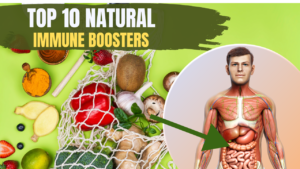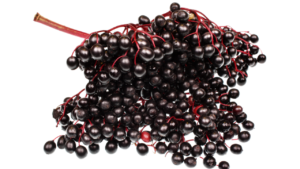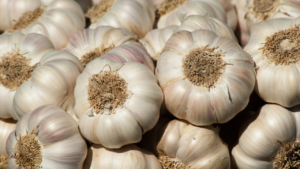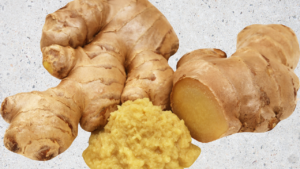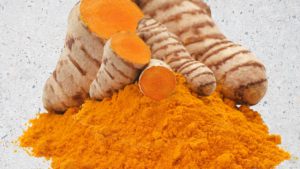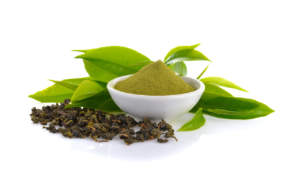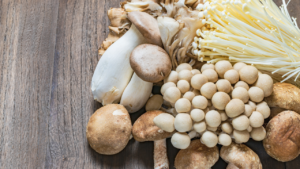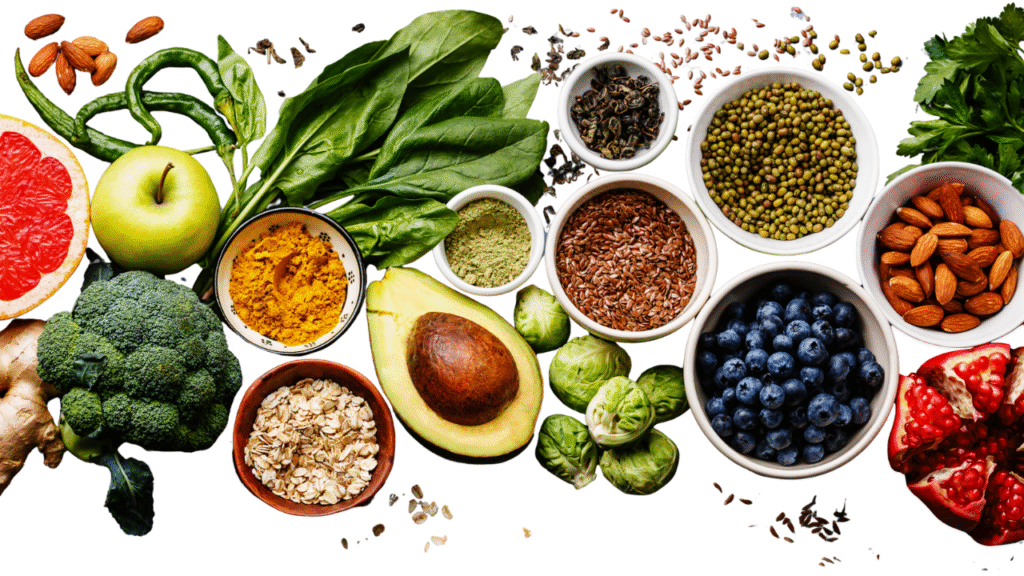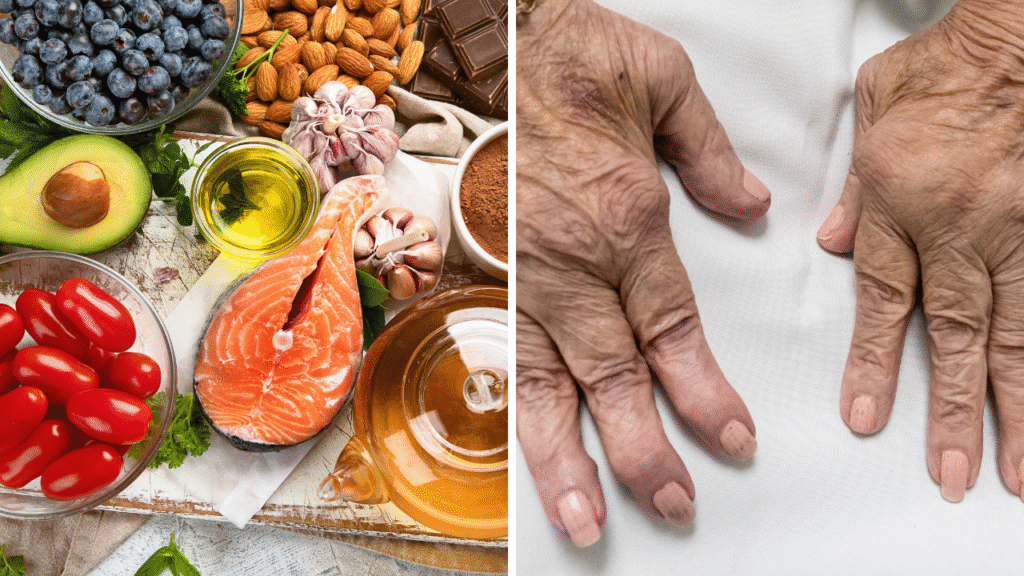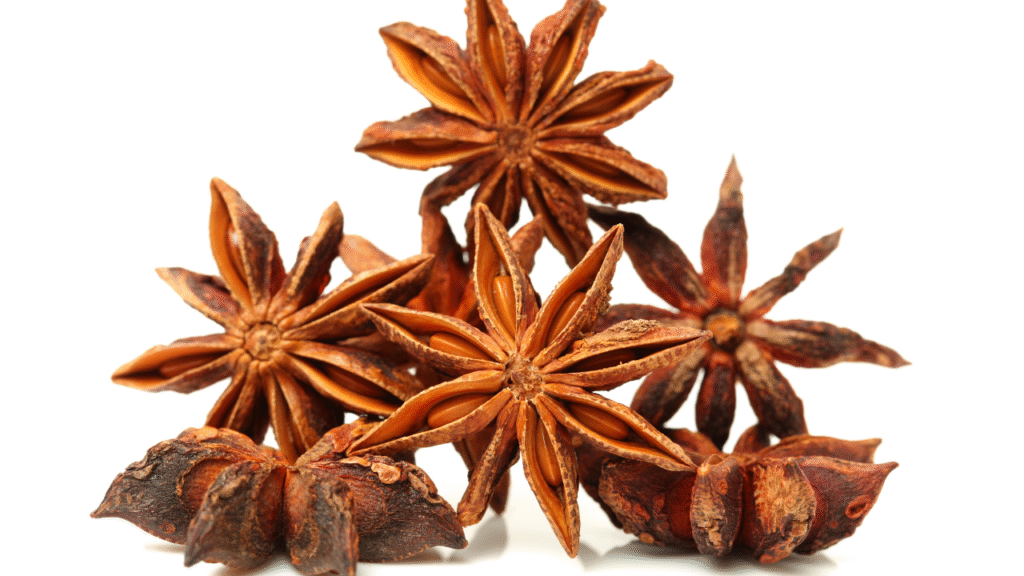Eating nutritious foods rich in vitamins and minerals may help boost your immune system.
Feeding your body certain foods may help keep your immune system strong.
Many people are concerned about staying healthy and maintaining their immune systems, especially during cold and flu season.
Top 10 Natural Immune Boosters You Should Know About
1. Elderberry
Elderberry can boost your immune system.
Elderberries are rich in anti-inflammatory and antioxidant compounds, such as vitamin C, flavonoids, and anthocyanins. This fruit has been used in folk medicine for centuries to treat fevers, flu, and nasal congestion.
Elderberry contains many immune-boosting antioxidants, including vitamins A, B, and C. These antioxidants and vitamins can help keep your immune system strong and allow you to fight off better infections, such as common viruses like the cold or flu.
One of the most well-studied elderberry supplement benefits is its powerful immune-boosting properties {1 2}. The berries contain chemical compounds called anthocyanidins — a pigment with antioxidant effects that give berries their red, purple, blue, or black coloring. Anthocyanins are thought to prevent flu viruses from reproducing inside our bodies, which may prevent the onset of flu or decrease the duration of its symptoms.
Elderberry is often consumed as a syrup, tea, or supplement. Elderberry tea is another great option, especially if you use it for flu and cold symptoms.
2. Garlic
Garlic has long been associated with immune-boosting and antimicrobial benefits. Most of the health benefits of garlic come from the sulfur compound allicin, released when garlic is cut, crushed, or chewed. Allicin was identified as garlic’s principal ingredient responsible for the antibacterial activity of various bacteria {2}. Also, Allicin has been found to regulate the immune system {2}.
A recent study suggests garlic may boost the body’s immune system to better deal with viral infections {2}.
Garlic is a diverse plant that can be eaten raw, cooked, and even taken as a supplement.
3. Ginger
The health benefits of ginger are mainly due to its antioxidants, anti-inflammatory properties, and content of therapeutic compounds like gingerol, paradol, shogaol, and zingerone. It offers powerful anti-inflammatory and antioxidant properties and has been shown to improve oxidative stress markers.
In the lab, gingerol increased the number of T cells in human blood, essential to the immune system. Ginger could aid in fighting infections and stopping bacterial growth {3 1}.
One review in the International Journal of Preventive Medicine noted that ginger extract is an anti-inflammatory food and may help inhibit the synthesis of certain markers of inflammation {3}.
You can use ginger fresh, powdered, dried, or as an oil or juice. It is used in many recipes, home remedies, processed foods, and cosmetics.
4. Turmeric
Turmeric has anti-inflammatory, antioxidant, antibacterial, antiviral, and antimicrobial properties that strengthen the immune system.
The key active ingredient in turmeric, curcumin, is thought to be responsible for many of its health benefits. These range from anti-inflammatory effects to the potential to strengthen the immune system and overall well-being.
The immune system protects the body against pathogens that can cause disease and infection. Turmeric is one of the best foods to preserve, maintain, and boost immunity, reducing the risk of falling ill {2}.
You can still benefit by adding it to:
- Muffins.
- Rice.
- Golden milk.
- Soups.
- Eggs
- Roasted veggies.
- Smoothies.
5. Vitamin C-rich foods
Vitamin C is crucial for various key processes in your body, such as producing collagen so wounds can heal, aiding in iron absorption, and keeping your immune system strong.
Vitamin C also helps your body’s immune system fight disease and infections by triggering it to make more white blood cells.
Eating foods high in vitamin C, such as citrus fruits, bell peppers, fresh parsley, and strawberries, is essential for a strong immune system.
Our immune system functions best when turned on to fight an infection or heal an injury. According to Dr. Howard E. Lewine,
M.D. Chief Medical Editor, Harvard Health Publishing. Some simple ways to boost your immunity are eating healthy foods and foods rich in vitamin C.
6. Probiotics
Probiotics can alter the gut microbiota composition, compete with pathogens for nutrients and binding sites on the intestinal wall, enhance the intestinal barrier function, and modulate the immune system {1}.
The health benefits of fermented foods and probiotics include improving digestion/gut health and boosting immunity.
What foods are fermented? Some of the most widely available include kombucha, yogurt, sauerkraut, pickles, miso, aged/raw cheeses, tempeh, natto and kimchi. Other fermented, healthy foods include apple cider vinegar, sourdough bread, cottage cheese, wine, and coconut kefir.
7. Echinacea
Echinacea may strengthen your immune system, helping you fight colds and flu caused by viruses or bacteria. Some research shows that the echinacea plant contains chemicals that help your body create white blood cells.
Studies have found that this plant may help your immune system combat infections and viruses, which could help you recover faster from illness (5, 6, 7).
To stimulate your immune system in general while you have a cold, flu, or upper respiratory or bladder infection, you can try taking echinacea three times a day for ten days until your symptoms improve.
Echinacea is a flower in the daisy family. It has pink or purple petals and a big brown center. Almost every part of the echinacea plant has been used or considered in supplementation—roots, leaves, stems, and flowers {7}.
8. Green Tea
Green tea contains a type of polyphenol called a catechin. Catechins are antioxidants that help prevent cell damage and provide other health benefits. The most well-known and abundant catechin in green tea is epigallocatechin-3-gallate (EGCG), which research has found may be involved in improving various health conditions or markers of disease.
Researchers from across the globe shared evidence suggesting that tea consumption may improve cardiovascular health, immune function, and cognitive health and reduce the risk of cancer.
Green tea has a range of possible health benefits.
Consider making green tea a regular part of your lifestyle in a way that meets your personal health goals and taste preferences.
Drinking 1-3 cups of green tea daily may suit your health. However, most green tea contains caffeine unless decaffeinated, so drinking more than 6-8 cups daily is not advised.
9. Zinc
Zinc is renowned for its immune-supporting properties. According to a 2017 review published in Nutrients, zinc may activate immune cells and function. Adequate zinc also supports the function of cells with immunity roles, such as neutrophils and natural killer cells, which are often our bodies’ first line of defense (1)(7).
Zinc is a trace mineral essential for the immune system, wound healing, growth and development, sensory function, reproductive health, and antioxidant defense (5).
It has been proven to reduce the severity and duration of colds but cannot cure one.
Incorporating zinc-rich foods into your diet is crucial for overall health and well-being.
Dietary Sources:
-
- Obtained through diet; found in a variety of foods.
- Rich sources include meat (especially red meat), poultry, fish, dairy products, nuts, seeds, and legumes.
10 Mushrooms
A unique component of mushrooms is beta-glucans, a soluble fiber that boosts immune function and may reduce the risk of infections.
Certain types of mushrooms stand out for their remarkable health-promoting properties, from boosting immune function to enhancing brain health.
Shiitake, reishi, maitake, lion’s mane, and others provide many vitamins, minerals, antioxidants, and bioactive compounds that boost immune function and support overall well-being.
These mushrooms offer natural solutions for improving cardiovascular health, boosting the immune system, or enhancing cognitive function.

